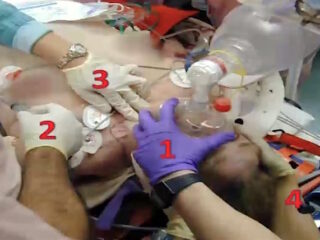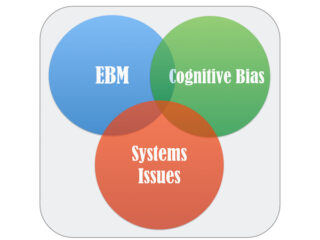Episode 99 Highlights from EMU 2017
North York General Hospital's 30th Annual Emergency Medicine Update (EMU) Conference 2017 featured some of the best talks I've ever heard from the likes of Sara Gray, Amal Mattu, David Carr and many more. I had a hard time choosing which talks to feature on this EM Cases podcast. I settled on a potpourri of clinical topics and practice tips: Leeor Sommer on Lyme disease, Chris Hicks on signover, Matt Poyner on patient complaints and Walter Himmel on acute vestibular syndrome...








